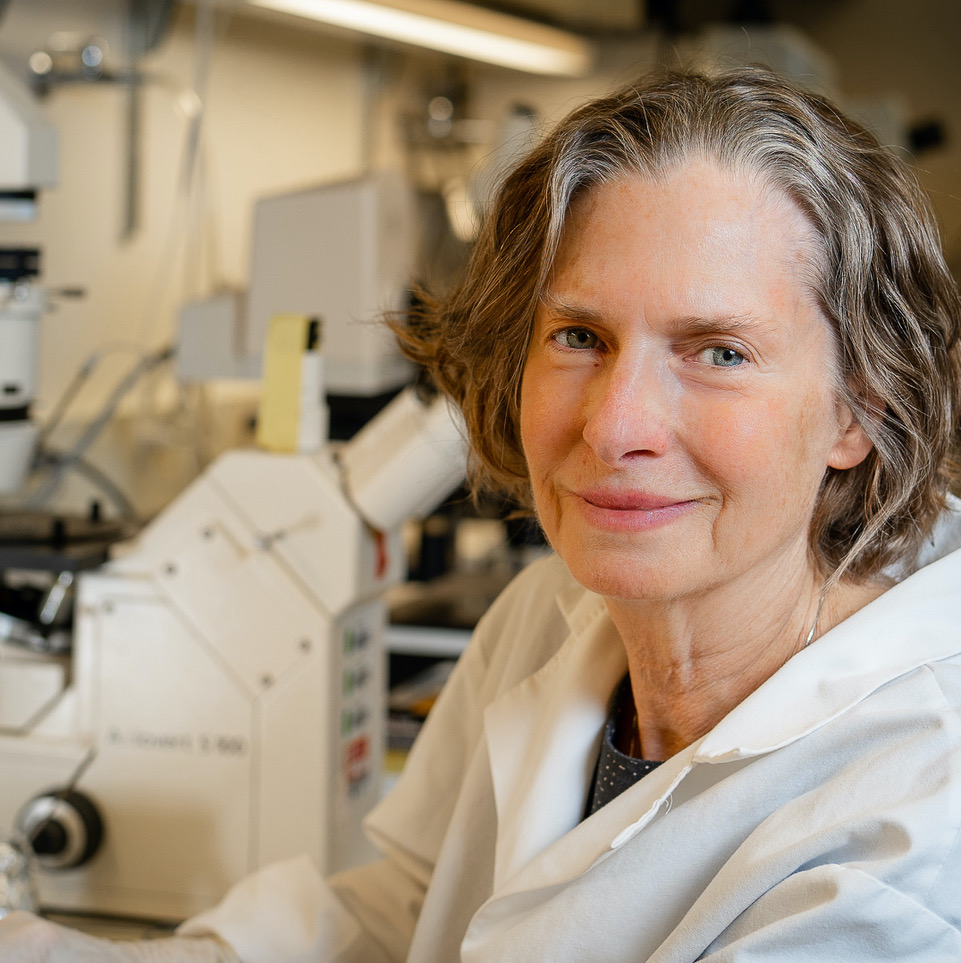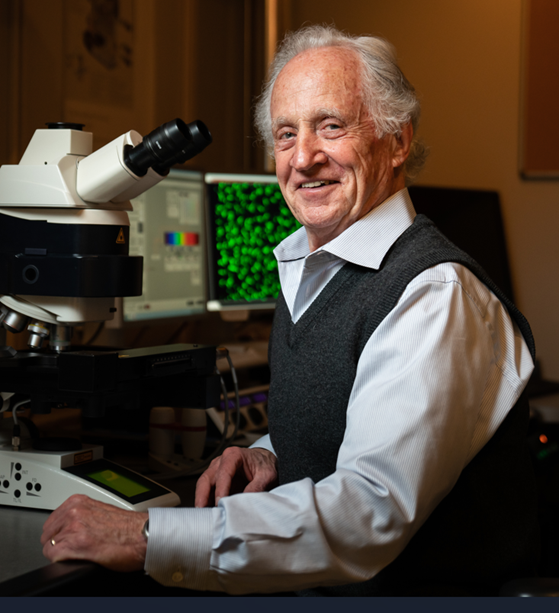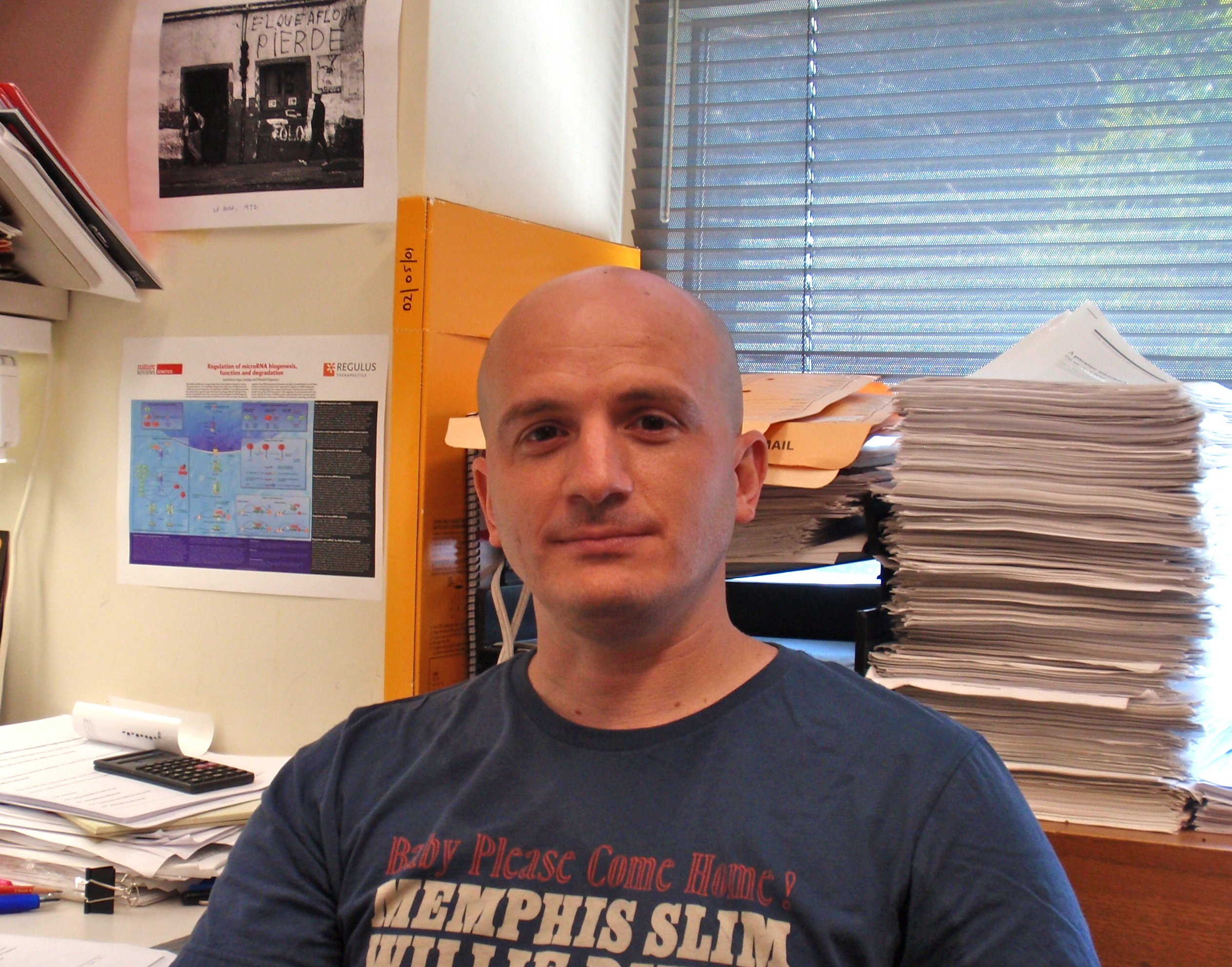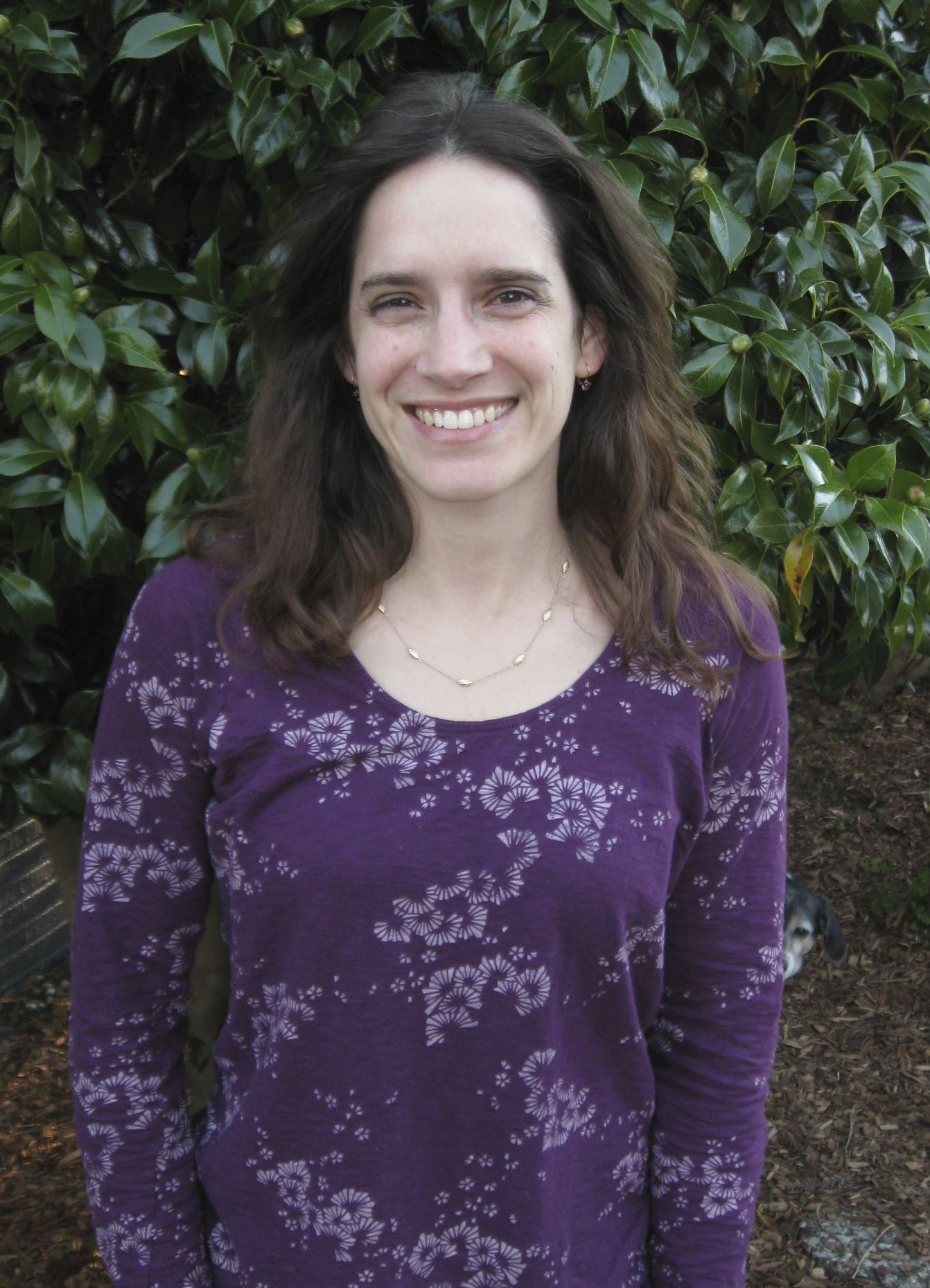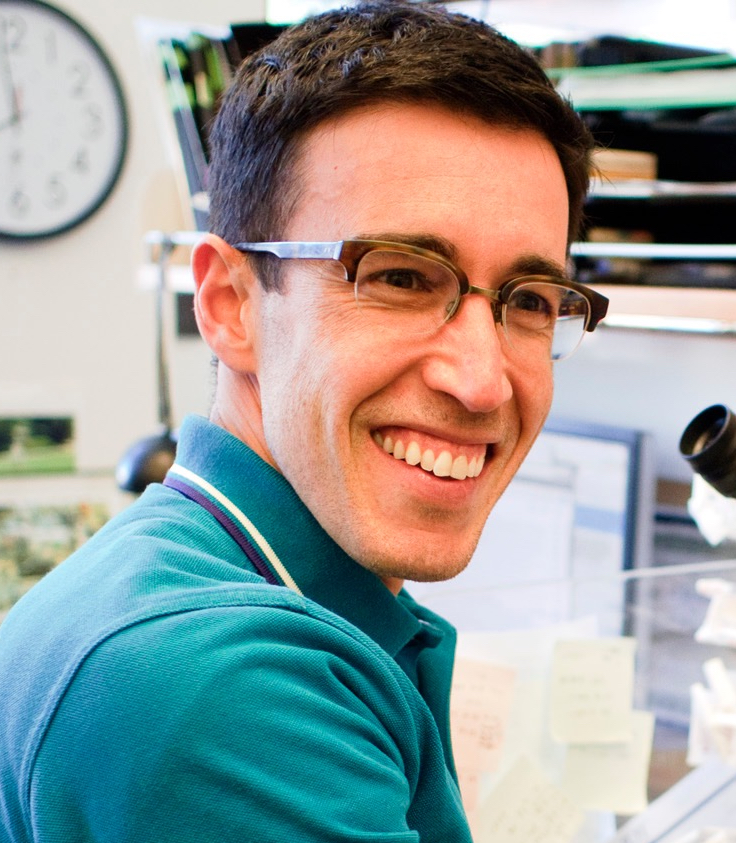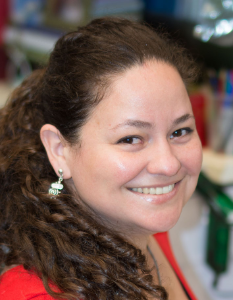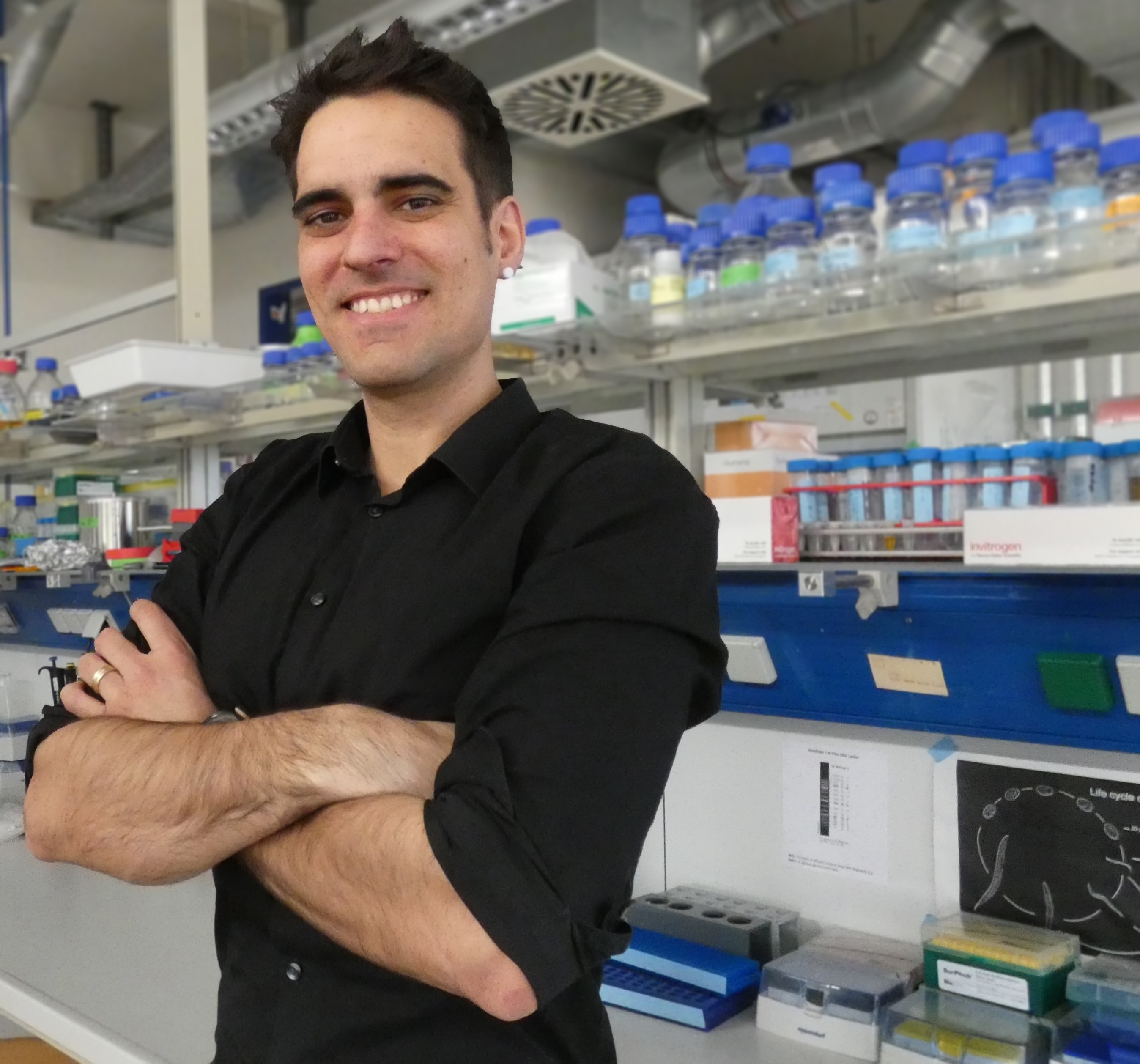Research Emphasis Area: Cell Biology
We are interested in the study of cell structure, behavior, and function. We aim to understand how cells perform specific tasks, how they interact with other cells and their environment, and how cell coordination gives rise to tissues and organisms.
Members of this group use a diversity of techniques and systems to dissect fundamental aspects of cell biology. Several members of this group also apply these fundamental concepts to understanding diseases such as cancer, infection, diabetes, heart disease, and immune-related diseases. Cell biology labs across campus meet at a monthly interest group meeting called “Cell Biology and Signaling”, with an annual Cell Biology & Signaling Symposium at the end of the academic year with one outside speaker. Graduate students also have the opportunity to take the “Cell Biology” (MBIOL 6480) selective offered in the second half of the fall semester.
A Monthly interest group.
Towards the end of the academic year with one outside speaker.
Cell Biology focused Core Facilities
University of Utah researchers have access to numerous state of the art core facilities, resources and support through the Health Sciences Center, Huntsman Cancer Institute, and the University. Cores and resources that are highly utilized by Cell Biology Research Emphasis Area members are:
- Cell Imaging
- Flow Cytometry
- DNA Peptide
- DNA Sequencing
- Drug Discovery
- Mass Spectrometry and Proteomics
- Mutation Generation
- Centralized Zebrafish Animal Resource
The University of Utah General Catalog
ONCSC 6701 / BIO C 6701
Cell biology was redesigned in 2019 with a decreased emphasis on didactic lectures and a stronger focus on teaching students how to read and evaluate primary literature. The course consists of primary research articles within the field, and each class will discuss one paper. Students will be expected to read/watch background material posted on Canvas prior to each class. Objectives are as follows: 1. To effectively assess data in published literature. To be able to answer: a. What are the questions the authors seek to answer? b. What approaches did the authors use to answer the questions? Why did they use those approaches? c. Did the presented data answer the questions How convinced are you? d. If you had access to unlimited resources, how would you follow up on this work? What questions would you ask, and how would you answer them? 2. To be able to articulate scientific knowledge both verbally and in written format 3. To gain a basic understanding of selected topics in cell biology.
MBIOL 6500 - Foundations of Molecular Biology (“Cell Biology” Module)
This half-semester course welcomes students with diverse backgrounds and experiences to the University of Utah’s graduate Molecular Biology Program. We strive to ensure that all students will have a strong foundation in nucleic acid metabolism, gene expression, protein structure and function, genetics and cell biology as you start your first year of graduate school. Basic content will be provided as pre-work and in-class time will be spent applying these concepts to data interpretation, problem-solving and model-building. Content experts will join the course directors to ensure both a consistent course structure as well as cutting-edge expertise and an opportunity to meet several faculty. We will work to create a supportive learning environment where all students can actively participate.
Bioscience Faculty
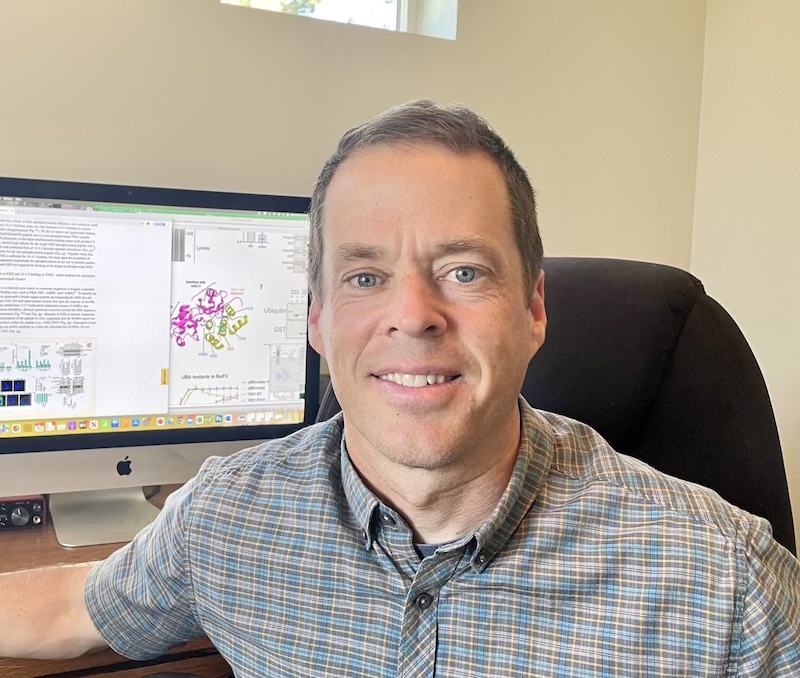
T Cell Autoimmunity, Metabolism
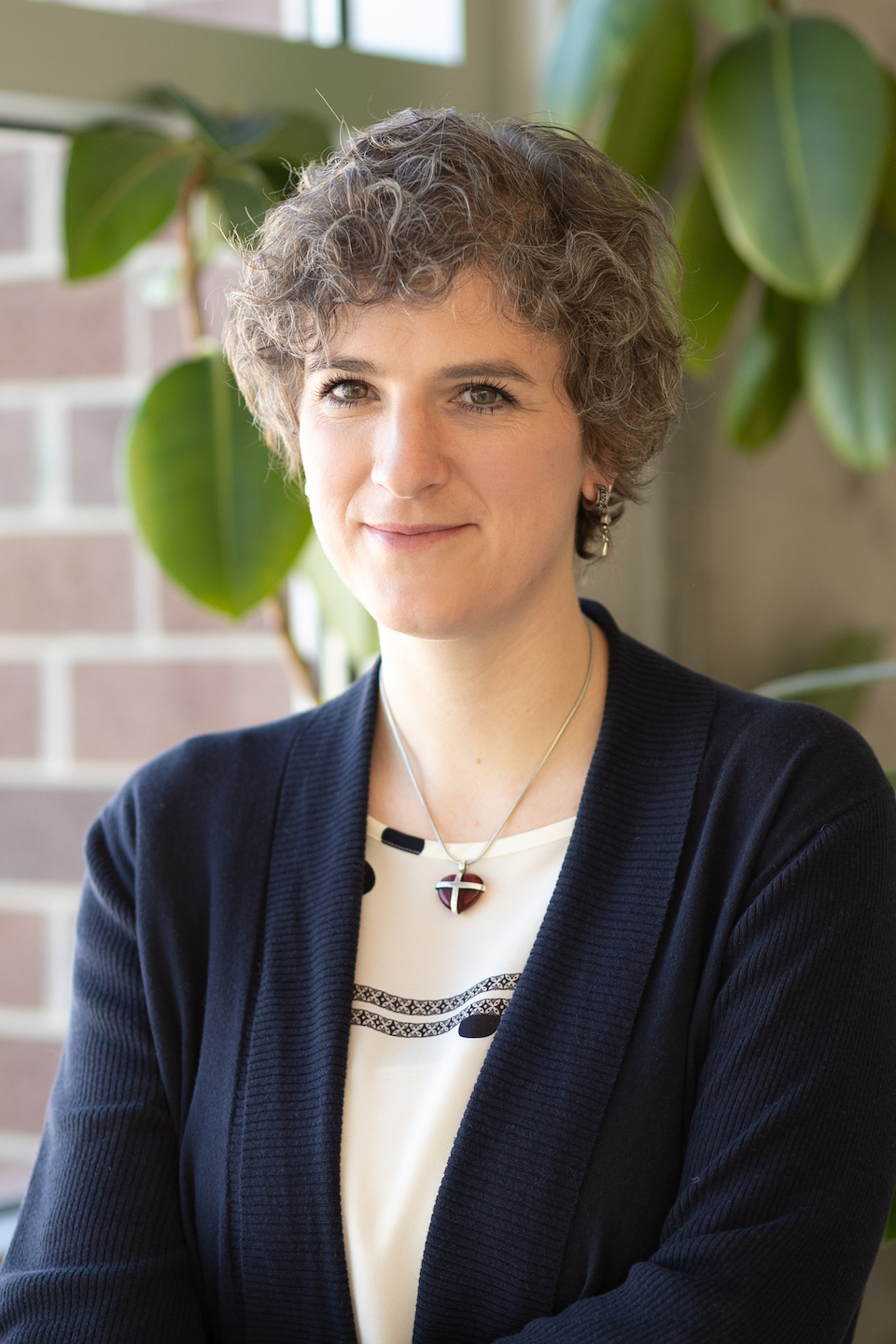
Pediatric cancer, zebrafish models, drug screening, optogenetics, Ewing sarcoma




Organelle Communication and Disease, Cell Biology, Organelle Quality Control, Nutrient Sensing, Aging, Metabolic Stress


Drosophila Models of Human Disease, Microcephaly, Mechanisms of Virus-Induced Disease, Neuronal Stem Cells, Neurodevelopment, Neurodegeneration
Nucleic Acids, Gene Editing, Biotechnologies, Single-molecule Biophysics, Cell Dynamics, Immunity

Extracellular Vesicles, Aqueous Humor Dynamics, Extracellular Matrix, Intraocular Pressure

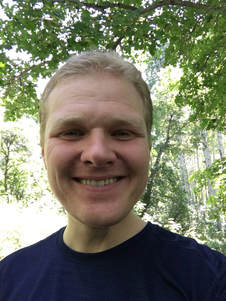
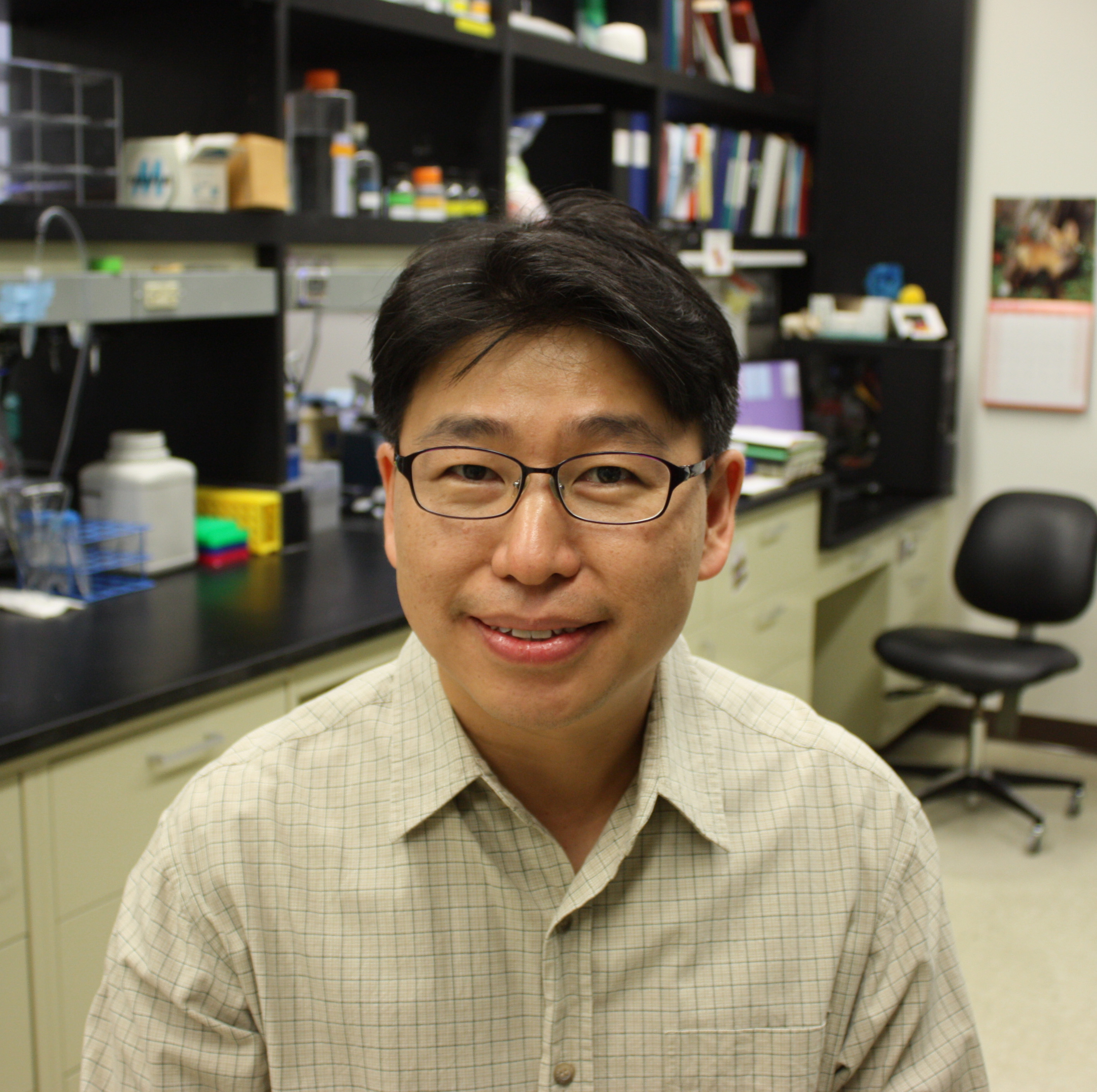
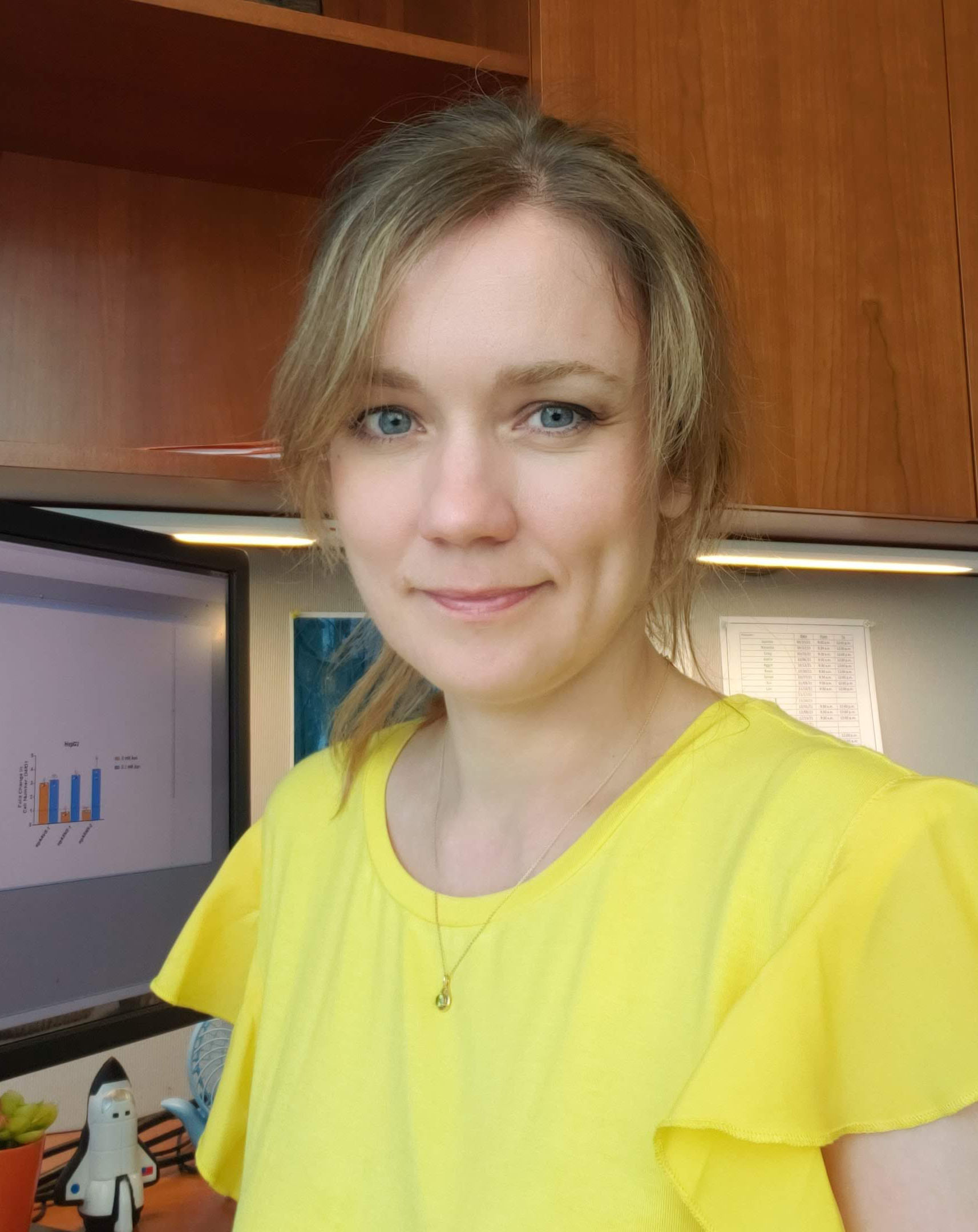
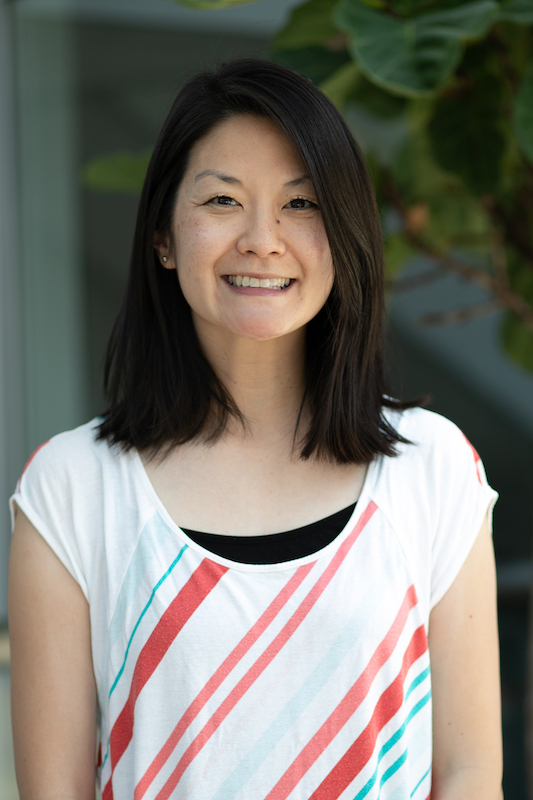
Cell Migration, Tumor Microenvironment, Cytoskeleton, Zebrafish, Mouse, Dictyostelium, Immunology, Breast Cancer, Melanoma


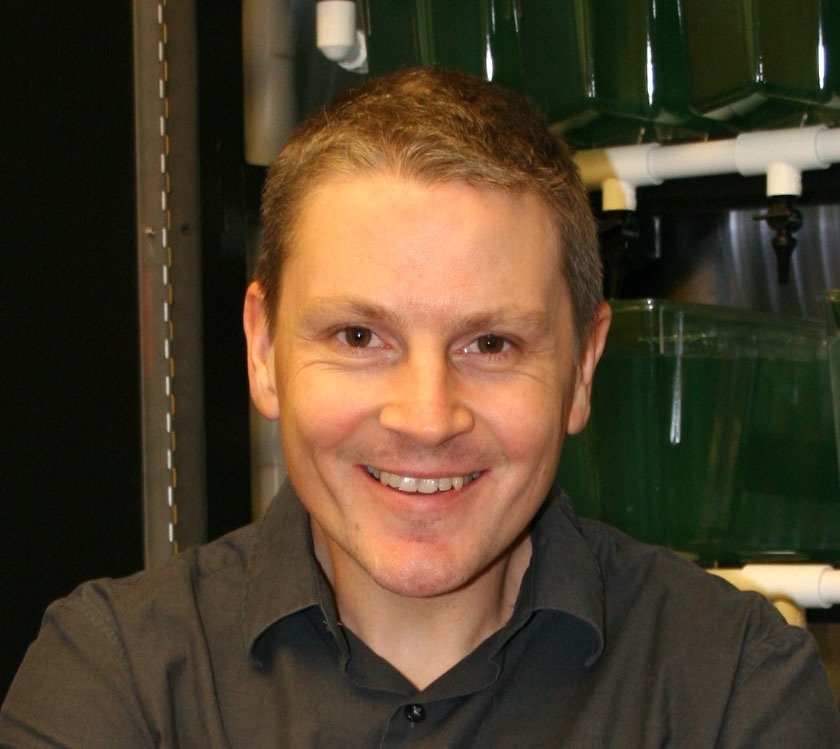
Virology, Autoimmune Diseases, Oral Health, Infectious Disease, Infectious Disease Surveillance



